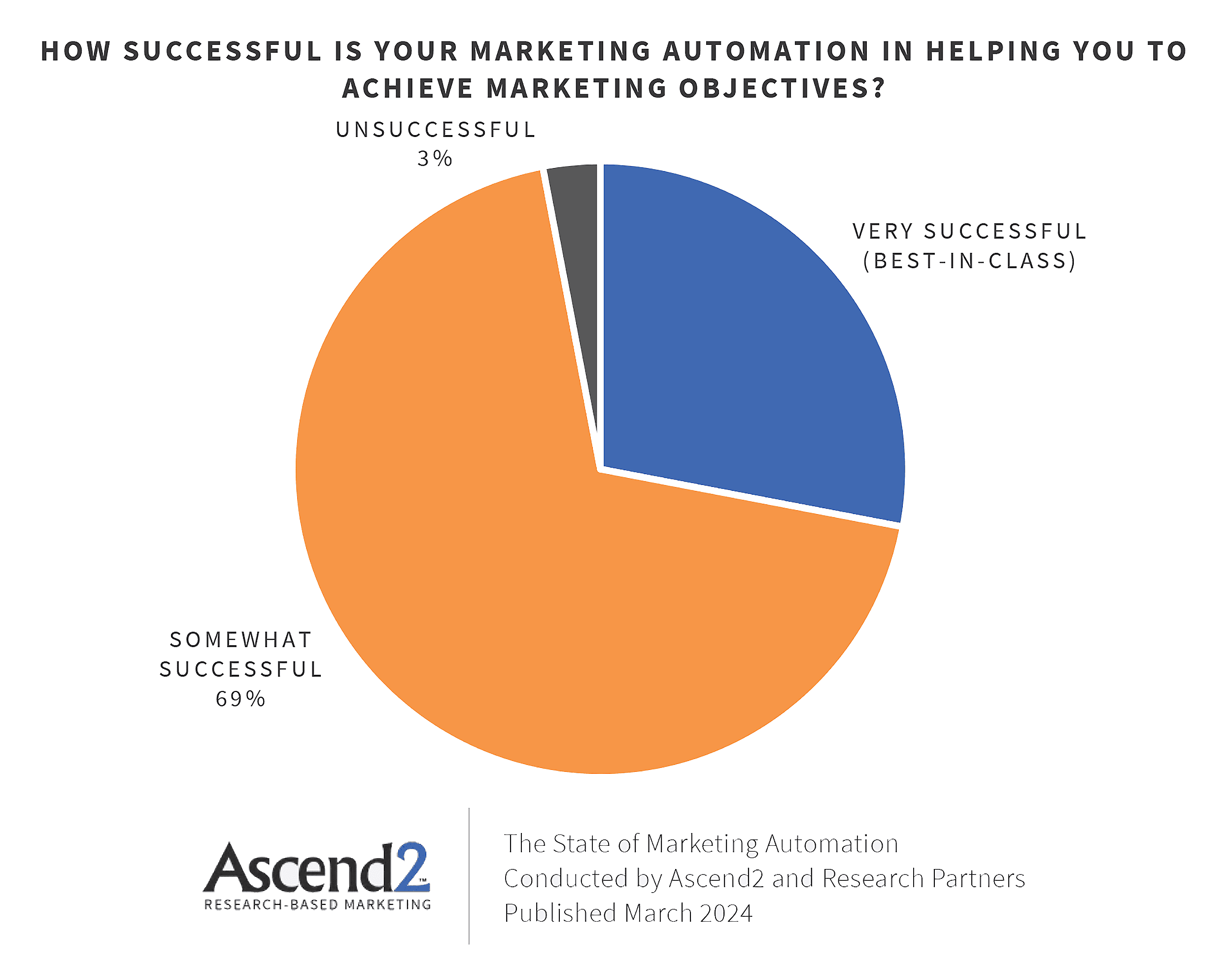Social commerce is exploding—projected to hit $2.9 trillion by 2026 (Statista). If you’re in affiliate marketing, this isn’t just a trend; it’s a revolution.
So, what exactly is social commerce? It’s buying and selling directly through social media platforms—no redirects, no clunky checkout pages. Think TikTok Shop, Instagram Shopping, and Pinterest Buyable Pins. These platforms are changing the game, making traditional affiliate links look outdated.
In this article, I’ll break down:
- How social commerce is reshaping affiliate marketing
- The top platforms driving sales
- Real success stories (and pitfalls to avoid)
- What the future holds for affiliates
Ready to see how you can cash in? Let’s dive in.
Why Social Commerce is Reshaping Affiliate Marketing
The Rise of Impulse Buying Through Shoppable Content
Social media thrives on instant gratification. A user sees a product, clicks “Buy Now,” and completes checkout—all without leaving the app. This seamless experience boosts impulse purchases, making social commerce a goldmine for affiliates.
Algorithms Favor Native Shopping Over Traditional Links
Platforms like TikTok and Instagram prioritize content that keeps users engaged inside their apps. If your affiliate strategy still relies on external links, you’re fighting an uphill battle. Embedded shopping wins every time.
Influencer-Driven Promotions = Trust & Higher Conversions
People trust influencers more than ads. When a creator showcases a product natively (with a “Shop Now” button), conversions skyrocket. That’s why micro-influencers are crushing traditional affiliates—they feel more authentic.
Key Platforms Dominating the Social Commerce Boom
TikTok Shop: Viral Product Discovery & Seamless Checkout
TikTok isn’t just for dance challenges—it’s a sales powerhouse. With TikTok Shop, creators tag products in videos, and users buy in seconds. The algorithm pushes shoppable content, making it a dream for affiliates.
Instagram Shopping: Visual Storytelling That Converts
Instagram’s shoppable posts and Reels let brands (and affiliates) tag products directly. Users tap, buy, and never leave the app. Bonus: Instagram’s AI suggests products based on user behavior, boosting discoverability.
Facebook Marketplace & Pinterest Buyable Pins: Niche Audience Targeting
- Facebook Marketplace is perfect for local deals and niche products.
- Pinterest Buyable Pins attract high-intent buyers (think home decor, fashion, and DIY).
Emerging Players: YouTube Shopping & Snapchat AR Shopping
- YouTube now lets creators tag products in videos.
- Snapchat’s AR try-ons (like virtual makeup demos) are converting like crazy.
How Affiliate Strategies Must Adapt
Shift from Text Links to Embedded Shoppable Content
Forget long affiliate URLs. Shoppable tags, in-app checkout, and QR codes are the new norm.
Leverage Influencers & UGC for Trust
User-generated content (UGC) builds credibility. Partner with micro-influencers—they drive higher engagement and conversions than generic ads.
First-Party Data > Cookie Tracking
With cookies dying, affiliates must rely on first-party data (email lists, loyalty programs). Social commerce platforms already track user behavior—use that to your advantage.
Short-Form Video = The New Sales Funnel
TikTok and Reels aren’t just entertainment—they’re sales machines. A 15-second video with a product tag can outperform a 1,000-word blog post.
Real-World Success Stories
Case Study: How a Beauty Brand Scaled with TikTok Shop
A skincare brand partnered with nano-influencers (under 10K followers) to demo products. Result? 300% increase in affiliate revenue in 3 months.
Micro-Influencers Outperform Traditional Affiliates on Instagram
A fashion brand found that micro-influencers drove 5x more sales than their standard affiliate program. Why? Authenticity sells.
Data-Backed Results from Social Commerce Campaigns
- Average order value (AOV) is 20% higher on social commerce vs. traditional e-commerce.
- Conversion rates double when checkout happens in-app.
Challenges & Pitfalls to Avoid
Platform Dependency Risks
What if TikTok gets banned in your country? Or Instagram changes its algorithm? Diversify across multiple platforms.
Compliance & Disclosure
The FTC cracks down on undisclosed sponsorships. Always use #ad or #affiliate to stay compliant.
Balancing Authenticity & Sales
Too salesy? Users scroll past. Too vague? No conversions. The sweet spot? Honest reviews + seamless shopping.
Future Trends: What’s Next for Affiliates?
AI-Powered Personalized Shopping
Imagine an AI that suggests products before users even search. Social platforms are already testing this.
Live Shopping = The Next Gold Rush
Live streams with real-time purchases (like QVC for Gen Z) are exploding. Get in early.
Affiliate Marketing + DTC = The Ultimate Combo
Direct-to-consumer (DTC) brands are using affiliates to fuel growth. Expect more hybrid models.
How to Get Started with Social Commerce as an Affiliate
If you’re new to social commerce affiliate marketing, here’s how to jump in without wasting time or money.
Step 1: Choose the Right Platform
Not all platforms work the same. Pick one based on your niche:
- TikTok Shop – Best for trendy, viral products (beauty, gadgets, fashion).
- Instagram Shopping – Ideal for visual niches (home decor, fitness, fashion).
- Pinterest Buyable Pins – Great for DIY, wedding planning, and recipes.
- Facebook Marketplace – Works well for local deals and secondhand goods.
Step 2: Partner with the Right Influencers (or Become One)
- Micro-influencers (1K-100K followers) often have higher engagement than big celebrities.
- Look for creators who already promote similar products—they’ll convert better.
- If you’re building your own audience, focus on authentic reviews rather than hard sells.
Step 3: Optimize for Mobile & In-App Shopping
- Vertical videos (9:16 ratio) perform best on TikTok and Instagram.
- Use clear CTAs like “Swipe Up to Shop” or “Tap the Link in Bio.”
- Test different formats—carousels, Stories, Reels—to see what converts.
Step 4: Track Performance & Adjust
- Use platform analytics (TikTok Shop Dashboard, Instagram Insights).
- A/B test product placements (e.g., video demo vs. static image).
- Scale what works—double down on high-converting content.
Advanced Strategies for Scaling Your Social Commerce Affiliate Business
Once you’ve got the basics down, these pro tactics can help you maximize earnings.
1. Run Retargeting Ads to Warm Audiences
- Facebook & Instagram ads can retarget users who engaged but didn’t buy.
- Use lookalike audiences to find new buyers similar to your best customers.
2. Leverage User-Generated Content (UGC)
- Encourage buyers to post reviews (offer discounts for tagged posts).
- Repurpose UGC in ads—real customer clips boost trust.
3. Automate with AI & Chatbots
- AI tools (like ChatGPT) can help write product descriptions faster.
- Chatbots (ManyChat, Meta’s WhatsApp Business) answer FAQs instantly.
4. Negotiate Exclusive Deals with Brands
- Ask for higher commissions if you drive consistent sales.
- Request early access to new products—being first helps with SEO and visibility.
5. Diversify Beyond One Platform
- Don’t rely only on TikTok—test Instagram Reels, YouTube Shorts, and Pinterest.
- Cross-promote (e.g., post TikTok clips on Instagram for extra reach).
Final Thoughts
Social commerce is not slowing down. The sooner you adapt, the more you’ll earn. Start small, test often, and focus on what converts.
Conclusion
Social commerce isn’t the future—it’s happening now. If you’re still relying on old-school affiliate links, you’re missing out.
Here’s your action plan:
- Test TikTok Shop or Instagram Shopping.
- Partner with micro-influencers.
- Create short-form video content.
The message is clear: Adapt or get left behind.
FAQs
Is TikTok Shop killing traditional affiliate links?
Yes, for impulse buys. But blogs and SEO still work for high-intent research.
Do I need a huge following to succeed in social commerce?
No! Micro-influencers (1K-10K followers) often convert better than mega-stars.
What’s the biggest mistake affiliates make in social commerce?
Ignoring platform rules (like disclosure requirements). Always tag #ad.
References & Resources
- Statista: Social Commerce Growth Trends
- TikTok Shop Case Studies: Official TikTok Business
- FTC Disclosure Guidelines: FTC.gov
Final Tip: Start small, track results, and scale what works. The social commerce train is moving fast—don’t miss it! 🚀
















